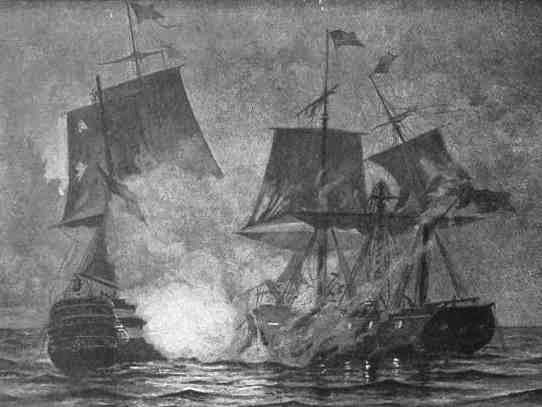From the Star-Tribune (
May 2012):
"Two hundred years ago (2012), President Madison dealt with what in our time might be dubbed 'Henry-gate.' He and James Monroe, were being accused of manipulating intelligence, as rumors of war roiled Washington."'
"With Secretary of State James Monroe, Madison learned that the Comte de Crillon and Capt. Henry
possessed diplomatic dynamite."
Did he [Henry] start the war blog post as well as a post entitled Henry's Secret Pre-War Mission.
Excerpted from
this site:
Count Edward de Crillon*...had met John Henry in London society. When he appeared on the Boston packet, a friendship arose between these two men so hardly treated by fortune. ...Crillon gave himself much concern in the affair, urging Henry to have no more to do with an ungrateful [British] government, but to obtain from the United States the money that England refused. The count offered to act as negotiator...to approach the Secretary of State.
*de Crillon was a
fraud
A description of the imposter from
this source:
"Crillon had hardly left the shores of America when a dispatch arrived in Washington... . To the chagrin of Madison and Monroe he [Barlow] announced that there was no Duc de Crillon... . Count Edouard de Crillon was an impostor. The only thing about him that was real was the $50,000 of government money he had in his pocket!"







